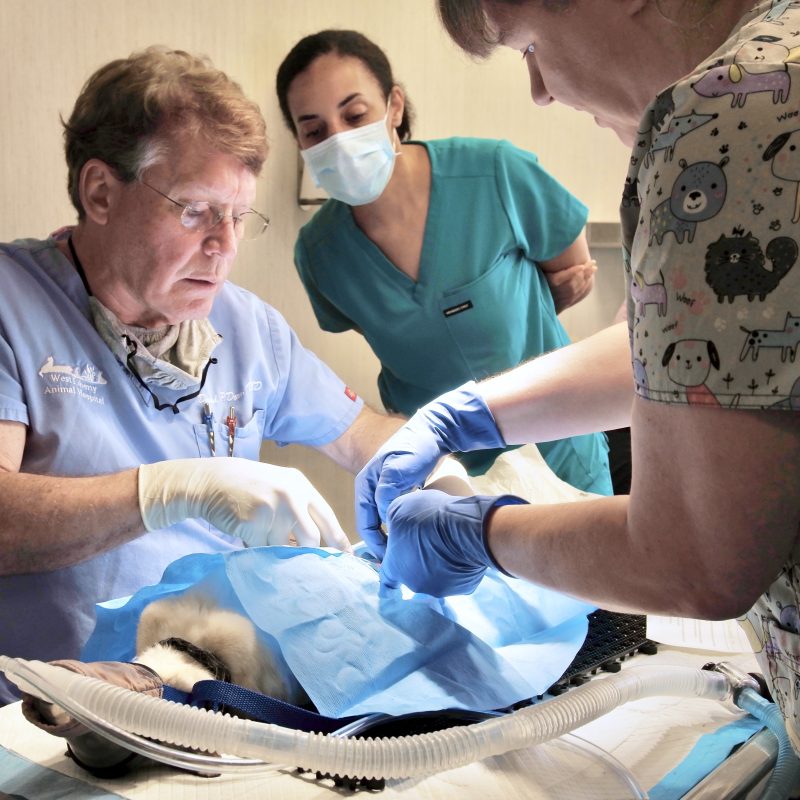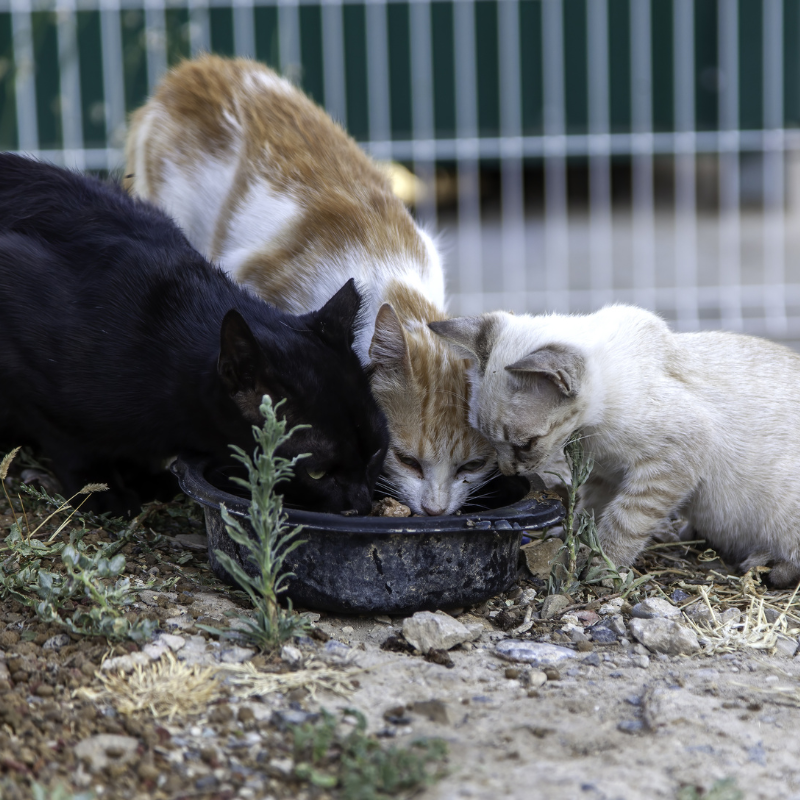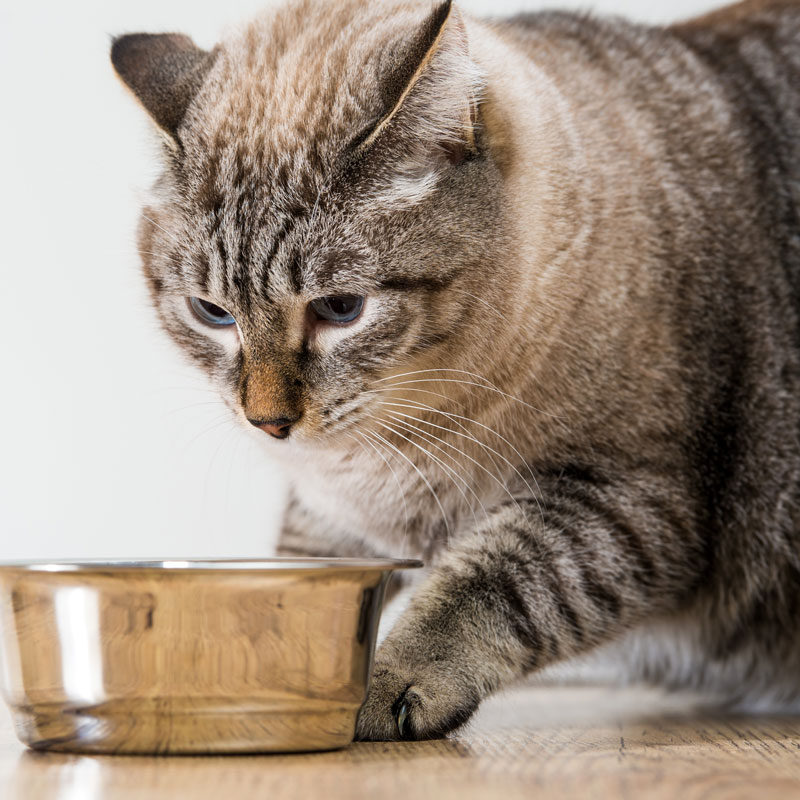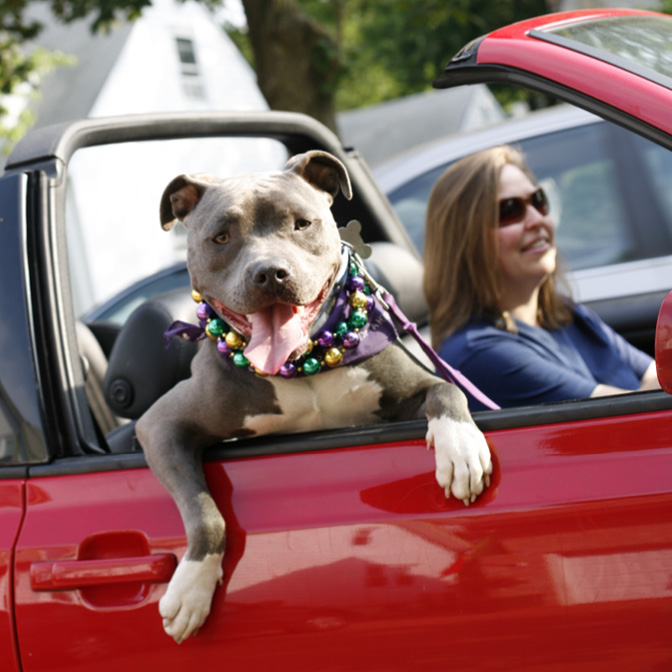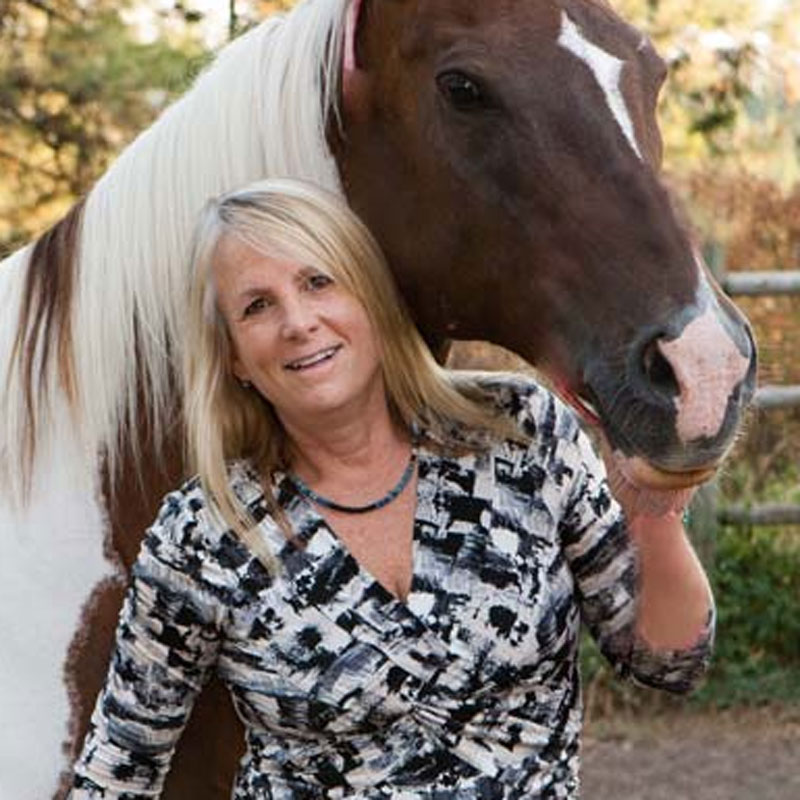
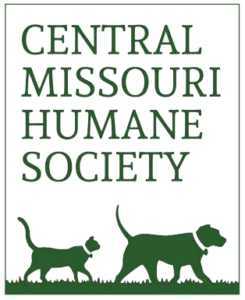
Here’s the next installment in our ongoing series on Feline Leukemia (FeLV) adoption programs around the country. The series shares different groups’ answers to our questions about their FeLV+ adoption programs.
We hope you enjoy and are inspired by this series, and if you have a suggestion for an organization we should consider profiling, please shoot me an email.
For this profile, we’re talking with Jenny Romesburg, Foster & Rescue Coordinator for the Central Missouri Humane Society in Colombia, Missouri.
Why and when did you start an FeLV adoption program?
I took the Maddie’s feline lifesaving master class in Austin, TX in June 2018. I was able to implement this new program shortly after I returned. We started it because we learned new data from the class. It was a way for us to help more cats in the shelter once we learned [FeLV] was not a death sentence. Our vet staff had been working off of outdated information.
How many cats do you adopt out annually?
In 2018 we adopted out 1,300 cats.
Do you provide or cover vet care for the cats after adoption?
We do not; after the adoption, we give them a free vet visit to the vet of their choice. We do give them a handout about FeLV and we explain how the virus [affects cats] and how they may not live long term.
What are the benefits of running such a program?
This has increased our live release rate and given these cats a chance at life! If they are not suffering or have any symptoms, then why should they be euthanized? [The master class] gave me hope for these cats and, learning about all the new studies, I was able to take what I learned and bring it back and convince the staff that this is the right thing to do!
What are the challenges?
The challenges are getting them adopted. It does take longer and once they find out what the virus is, most people change their mind. [The cats] do get sick often and take longer to recover due to their immune system.
To learn more about Central Missouri Humane Society and their programs, visit their website.

